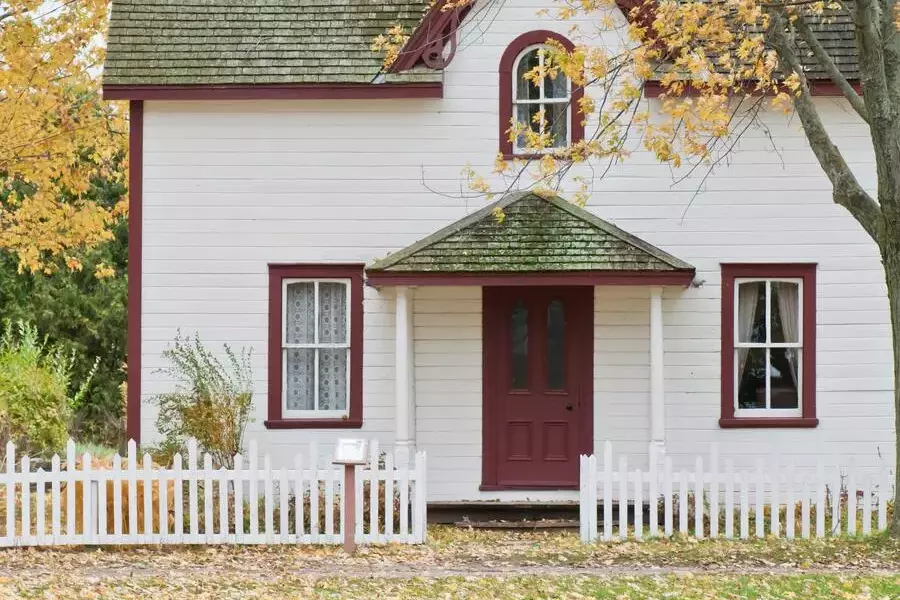
If you own a home, you’re inevitably going to need to know how much the property is worth at some point. The most reliable way of getting this information is to purchase an independent property valuation from a reputable firm. There are all sorts of available property valuation services in Adelaide.
These valuations are performed by extensively trained and highly qualified professionals who understand the ins and outs of what makes a property valuable. Only Certified Practising Valuers who are registered with the Australian Property Institute (API) can prepare these reports. Each one is created according to stringent legislative and regulatory requirements to make sure no issues occur.
An independent property valuation determines a definitive monetary worth and assigns to the property based on the existing market conditions. The report is legally-recognised and remains valid for up to six months after completion.
As industry experts, valuers have to think about every relevant internal and external factor when preparing the report. The purpose of the report will determine the necessary details and the method of calculation that the valuer chooses to use. By analysing what to look for in a property valuation, you can make sure your house is ready for assessment.
What do home valuers look for?
A residential property valuer will have many factors in mind when preparing the report. These considerations include:
The size and space
Most people, and especially families, tend to prefer larger properties. Nobody wants to feel cramped up making size a key factor in property value. The availability of storage and floor space also directly impacts how much a home is worth.
The location
As you probably already know, location is a major factor. People want to live in safe areas that are close to schools, public transport, shopping centres, hospitals, and entertainment. A property in an undesirable location will have its value significantly reduced by its surroundings.
The street appeal
Don’t underestimate the importance of the face of your home. The first thing anyone sees is the front of your house. By having an attractive lawn, a well-maintained driveway, and beautifully painted walls, you can attract investors and boost the value of your house.
Features and amenities
Your home should be where you are most comfortable. As such, it's important that it has the right features to make everyday living and expenses easier. This includes such things as being energy efficient, having easy to maintain floors and gardens, enough bathrooms, and most important of all, a good kitchen.
Structural elements and foundation
The materials used to build your home, the architectural style, and the strength of the foundation all play a role in the final calculation. A foundational issue or a damaged wall can reduce the value of your home. Be sure to resolve any issues in this regard before the valuation.
Market conditions
Of course, valuers need to stay on top of a constantly changing real estate market. The specialised experts preparing the report consistently follow market trends to make sure the valuation is in line with the existing conditions.
How far back do valuers look?
For the most part, valuers prepare their reports according to the current market conditions. This means they assess the present value of your home.
There are, however, many occasions when valuers need to perform retrospective property valuations. These cases require an assessment of what a property was worth at a point in time that has already passed. The most common reasons people request retrospective valuations are for:
- Taxation purposes
- Insurance purposes
- Legal disputes
- Family law settlements
- Deceased estate matters
A report that is made for any date further back than 6 months, may be considered a retrospective market valuation. Certified valuers have the necessary skills and qualifications to prepare such valuation reports.
What is the primary valuation method for assessing a home?
There are several types of valuation methods that exist for professionals to use. A valuer will likely choose a primary method, and use elements of the other approaches to refine the final calculation.
The most commonly applied valuation method for reviewing a home is the direct comparison method. A valuer using this approach reviews what similar properties in the area have sold for as a point of guidance. A foundational value is reached, and the necessary adjustments are made according to the differences between the properties.
A popular secondary method is the summation approach, where valuers carefully assess each component of the property and assign a monetary value to it. The sum of each component minus depreciation is equal to the value of the property
Another popular approach for property valuations is the income capitalisation approach, but this is reserved for commercial properties and businesses. In these cases, the net operating income is determined and divided by its capitalisation rate.
Summary
An independent property valuation from an expert residential valuer is the best way to find out how much your home is worth. These reports clearly outline the relevant details contributing towards the home's value and attaches a conclusive monetary worth.
A home valuer will consider several different things when preparing the report. These include the size, space, location, features, and market conditions at the time of assessment. There are even some occasions that require a retrospective analysis of the home.
Registered valuers mostly apply the direct comparison method as the primary approach when reviewing the value of a home. By assessing the sales of similar properties in the area, they can get an idea of how much the subject property is worth.
For more information on what home valuers look for in a property valuation, don’t hesitate to reach out to one of our qualified experts today.





